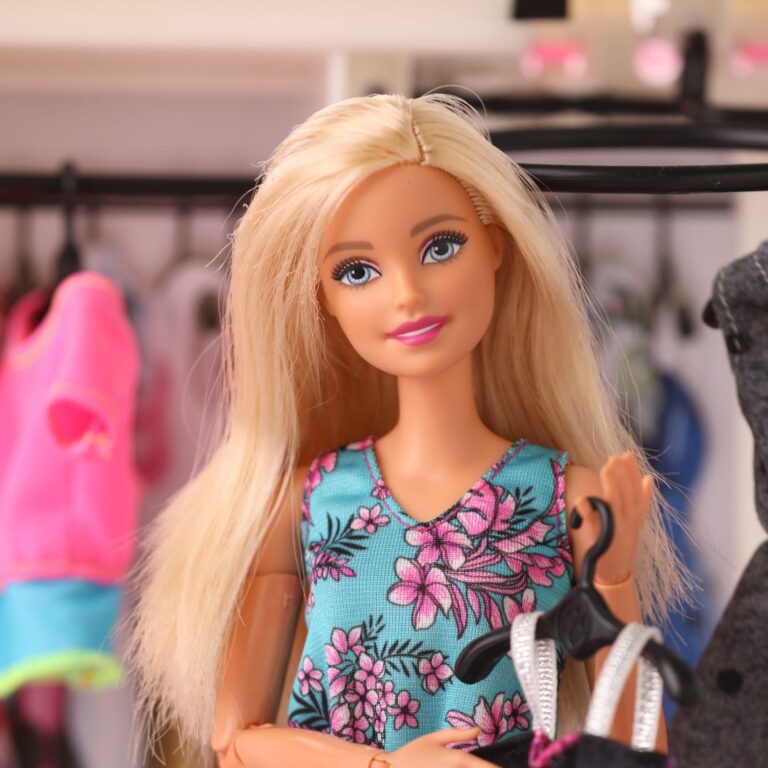Founding and Early Years
Mattel, Inc. was founded in 1945 by Harold “Matt” Matson and the husband-and-wife team of Elliot and Ruth Handler. Initially, the company started as Mattel Creations in a garage in Los Angeles, producing picture frames and dollhouse furniture. Matson soon sold his share to the Handlers due to ill health, making the Handlers sole owners. In 1947, Mattel introduced its first successful toy, the “Uke-A-Doodle” ukulele, marking the beginning of its focus on toys.
Growth and Innovation
In 1955, Mattel made a significant move by becoming a year-round sponsor of the Mickey Mouse Club TV show, which provided national exposure and helped establish the brand. The introduction of the Barbie doll in 1959 was a game-changer, designed by Ruth Handler and inspired by her daughter, Barbara. Barbie’s launch at the New York Toy Fair initially met with skepticism but quickly became a massive success, solidifying Mattel’s reputation as a leading toymaker.
The 1960s saw further innovations and expansions. Mattel went public in 1960 and was listed on the New York Stock Exchange by 1963. The company introduced several iconic toys during this period, including Chatty Cathy in 1960, the first talking doll, and Hot Wheels in 1968, which became a huge hit among children and collectors alike.
Challenges and Restructuring
The 1970s brought significant challenges for Mattel. In 1974, an accounting scandal involving false financial reports led to the resignation of Ruth Handler and other executives. The company faced financial difficulties and nearly went bankrupt in the early 1980s due to a failed venture into the video game market. However, new management under John W. Amerman in 1987 helped turn the company around by focusing on core brands like Barbie and Hot Wheels and cutting costs.
Recent Developments
Mattel continued to grow through strategic acquisitions, including Fisher-Price in 1993, Tyco Toys in 1997, and Pleasant Company, the maker of American Girl dolls, in 1998. These acquisitions expanded Mattel’s portfolio and solidified its position in the toy industry. The company has also embraced modern trends by re-entering the digital market and forming partnerships with entertainment companies.
Today, Mattel remains a dominant player in the global toy market, known for its diverse range of products and commitment to innovation. Despite past challenges, the company continues to adapt and thrive, maintaining its legacy as a beloved brand for generations of children and families.

